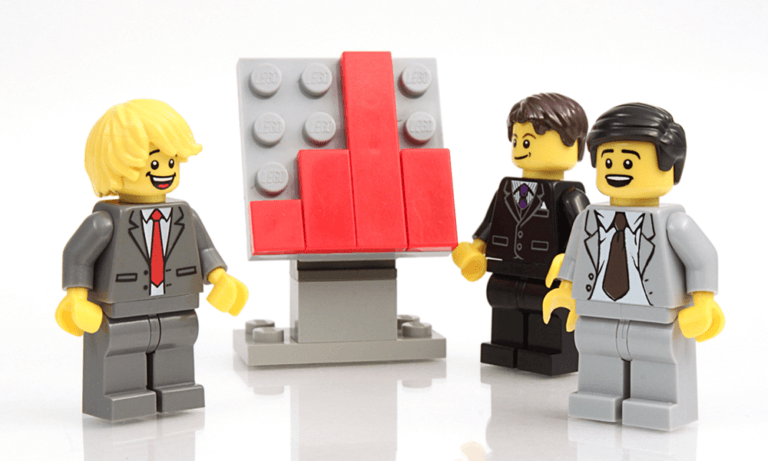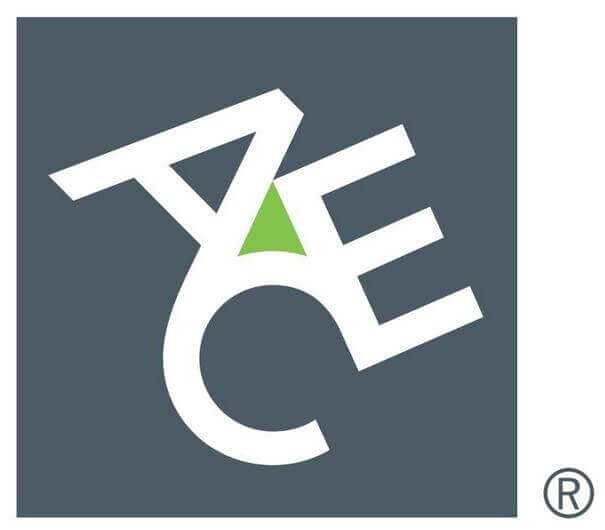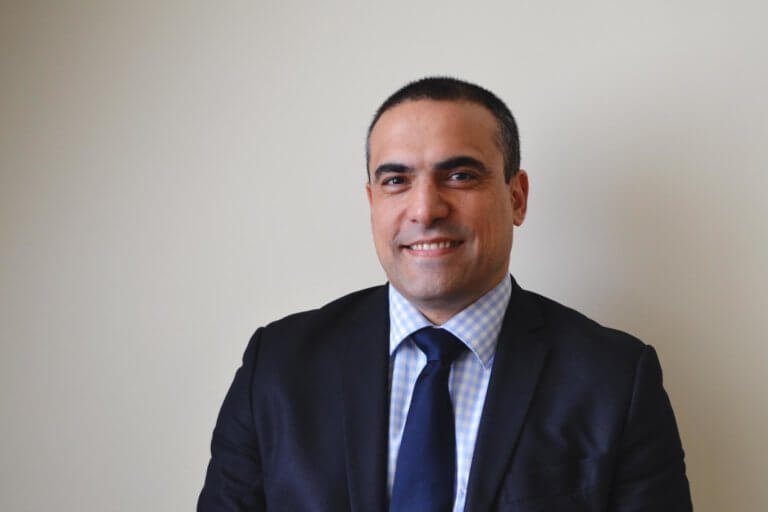
For most people, figuring out their net worth doesn’t seem particularly essential. As long as you know you can afford your bills, you might not be too worried about how much you’re deemed to be worth from a financial planning perspective. However, the reality is that knowing your net worth could be more important than you realize.
More than just a descriptor of what you have in your wallet and your bank account, your net worth refers to the amount by which your assets exceed any liabilities you have. In other words, it’s the difference between how much you own, and how much you owe. If your assets are more valuable than your liabilities, this means you have a positive net worth. Alternatively, if you owe more than you have in assets, your net worth is negative. This can be more common than most people realize.
What Does Net Worth Actually Tell You?
Calculating your net worth isn’t just about seeing how much debt you’re in or making yourself feel bad about your current financial situation. Rather, your net worth gives you an overview of your financial situation at any point in time. If you calculate your net worth now, you’ll be able to see the full result of what you’ve earned and spent until now.
Sometimes, the figure you get when you calculate your net worth is a shock, and this could mean you need to take note of your current budget and figure out how you’re going to improve your financial standing going forward. Alternatively, if you’re doing well, you might find that you can confidently continue living in a way similar to what you know now. When you calculate it on a regular basis, your net worth can essentially be seen as a financial report card which allows you to check how you’re doing from a financial perspective.
What Are Assets and Liabilities
To calculate your own net worth, you’ll need to consider the full value of your liabilities, or your loans, and what you owe, and the full value of the things you have. For a lot of people, assets can be difficult to define. For instance, if you found yourself in a difficult financial situation and you needed to access money fast, would you be able to figure out where you can look for money?
While some people will immediately consider things like bank accounts, investments, and brokerage accounts as assets, there are other things to consider too. You can check out a full guide here on how to choose the right life settlement company for selling your life insurance. If you’ve already paid a significant amount of cash into your life insurance policy, then that policy is an asset to utilize that also contributes to your net worth.
Your liabilities, on the other hand, can fluctuate, including everything you owe money on. This includes both ‘good debt’ like mortgages, and other loans, like personal lending, credit cards, loans for your vehicles, and so on. Sometimes it can take a lot of time and effort to understand your entire net worth completely. Remember, even your student loans are included.
Knowing Makes You More Mindful
Although calculating your net worth can take some time and effort, it’s actually quite valuable in the eyes of most financial advisors. Regardless of what your financial situation looks like now, knowing your net worth can help you to build wealth throughout your life, plan for your future, and improve your standing long-term. Ultimately, as you get older, and pay off more of the liabilities connected to your name, the value of your net worth should grow. The most important thing to remember is knowing where you stand financially should help you to become more mindful of your spending, so you’re better prepared to make sound decisions with your finances.
Once you know your net worth, if it’s negative, your aim should be to get rid of your loans as quickly as possible. A negative net worth doesn’t mean you need to buy more valuable assets. Rather, you should look to get out of debt as soon as you can, so your assets begin to outweigh what you owe. If your net worth is positive, you can begin to think about other ways of continuing that growth trajectory in a positive way. Either way, this could mean you decide to talk to a financial advisor.
























